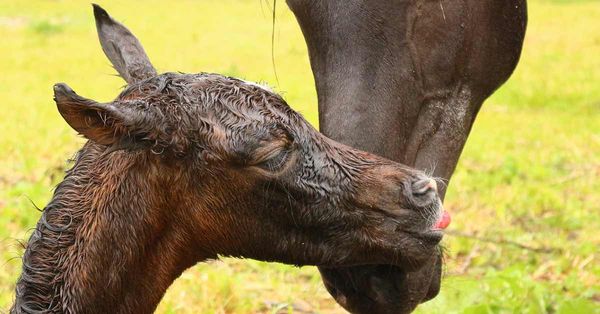
Equine
Q&A: Newborn Foals
A healthy foal nurses from its mother up to seven times an hour for 60 to 90 seconds each time.
Dr. Tania Cubitt & Dr. Stephen Duren of Performance Horse Nutrition bring the latest and most innovative equine nutrition knowledge and feed formulations to Poulin Grain and our customers.
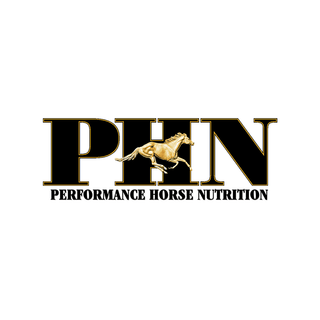

Equine
A healthy foal nurses from its mother up to seven times an hour for 60 to 90 seconds each time.
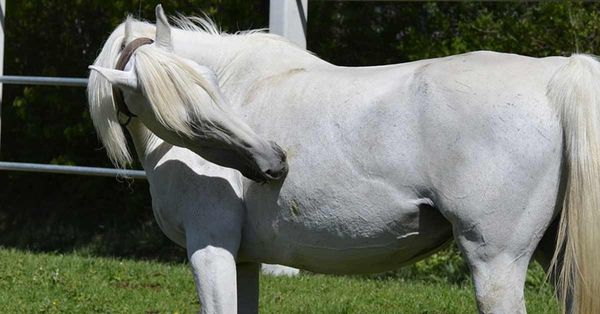
Equine
The incidence of colic in the general horse population has been estimated between 10 and 11% per year. In a recent study, colic was second only to old-age as the leading cause of death in horses.
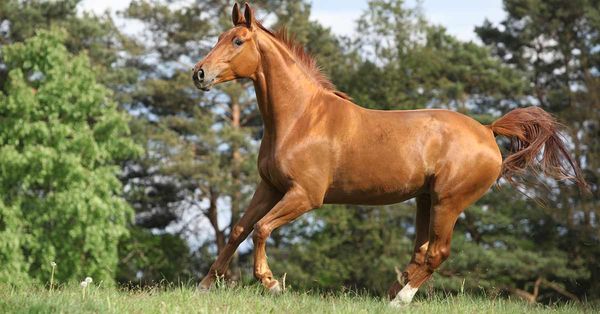
Equine
Myth or truth? How much do you know about protein in a horse's diet?
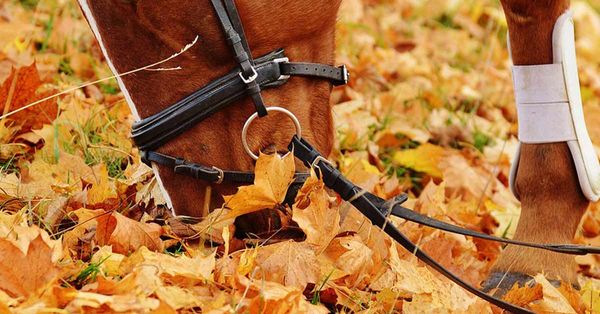
Equine
Fall is here! The leaves are changing, and the temperatures are cooling off. It's hard to imagine that such a pretty time of the year could possibly be harmful to our horses.
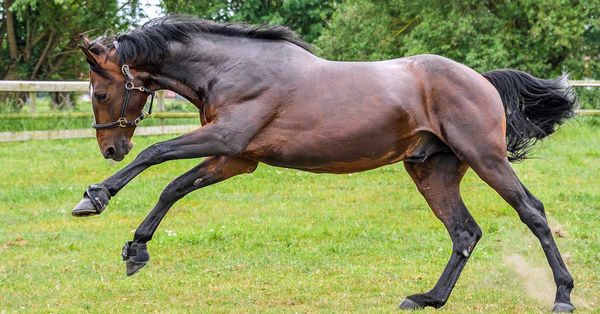
Equine
Soon winter will be over and with spring in the air we will all want to get back in the saddle and start riding our horses again.
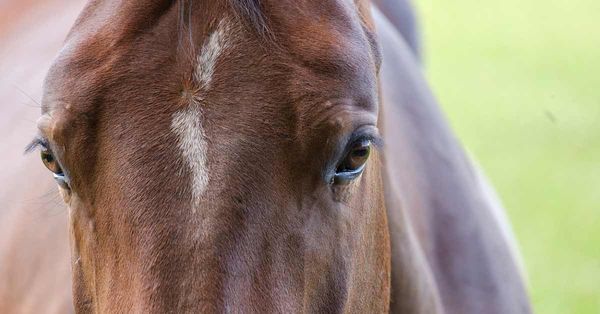
Equine
Fats and oils are commonly used in horse feeds to increase the calorie content of the feed or to replace the calories supplied by carbohydrates.
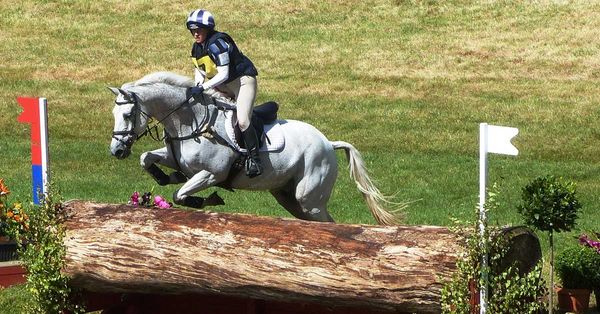
Equine
What makes a horse a performance horse? Performance is “loosely” defined as any form of work or forced physical activity.
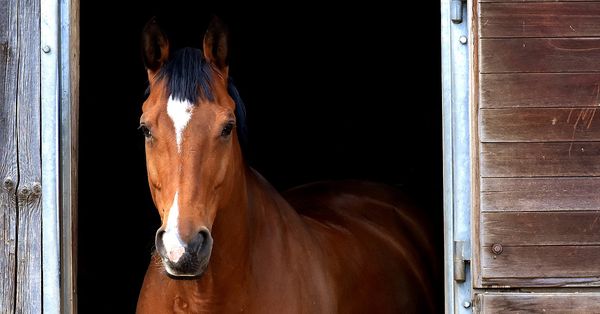
Equine
Polysaccharide storage myopathy is a muscle disease that occurs primarily in horses with Quarter Horse bloodlines such as Quarter Horses, Paint Horses and Appaloosas. Polysaccharide storage myopathy also occurs in other breeds including Drafts, Draft crossbreeds, and Warmbloods.
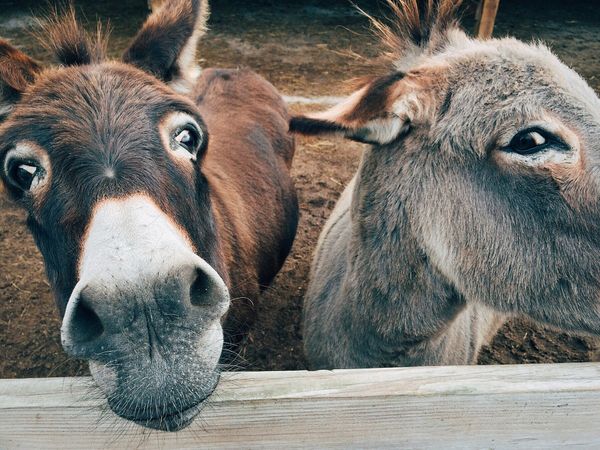
Equine
Mules & donkeys are members of the equine family along with horses, ponies, and zebras. Most people think you can feed them a diet similar to horses but in lower quantity. Donkeys however have unique evolutionary traits that make them anatomically and behaviorally distinct. Donkeys are highly adaptable feeders that
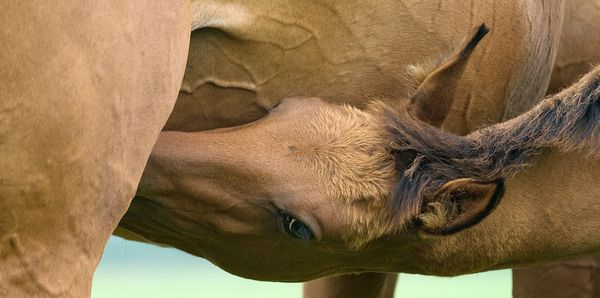
Equine
The lactating mare has the highest nutrient requirements of any horse on the farm. To produce milk and to repair the reproductive tract in preparation for future pregnancy, the mare requires substantial amounts of energy, protein, calcium and phosphorus. To maintain both adequate milk production and body condition, lactating mares
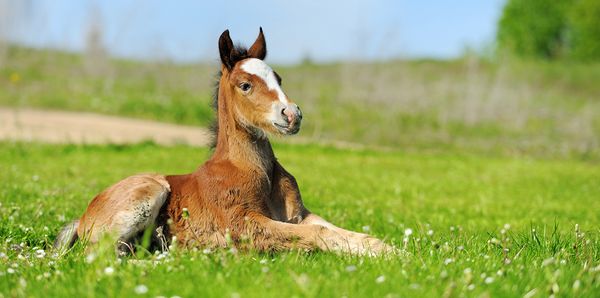
Equine
Few topics in equine nutrition stir more controversy than feeding the growing horse. Many factors add to the confusion of providing nutrition throughout these critical stages of life. For example, growing horses may have different commercial endpoints. Some will be shown in halter futurities where maximum growth and condition are
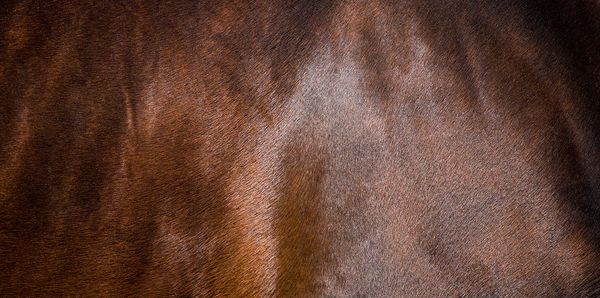
Equine
Everyone wants to see their horses with a sleek, glowing coat; the quality of a horse’s hair coat is directly related to his overall health. Providing the horse with plenty of roughage and a balanced diet along with an effective parasite control regime and sufficient exercise and grooming is